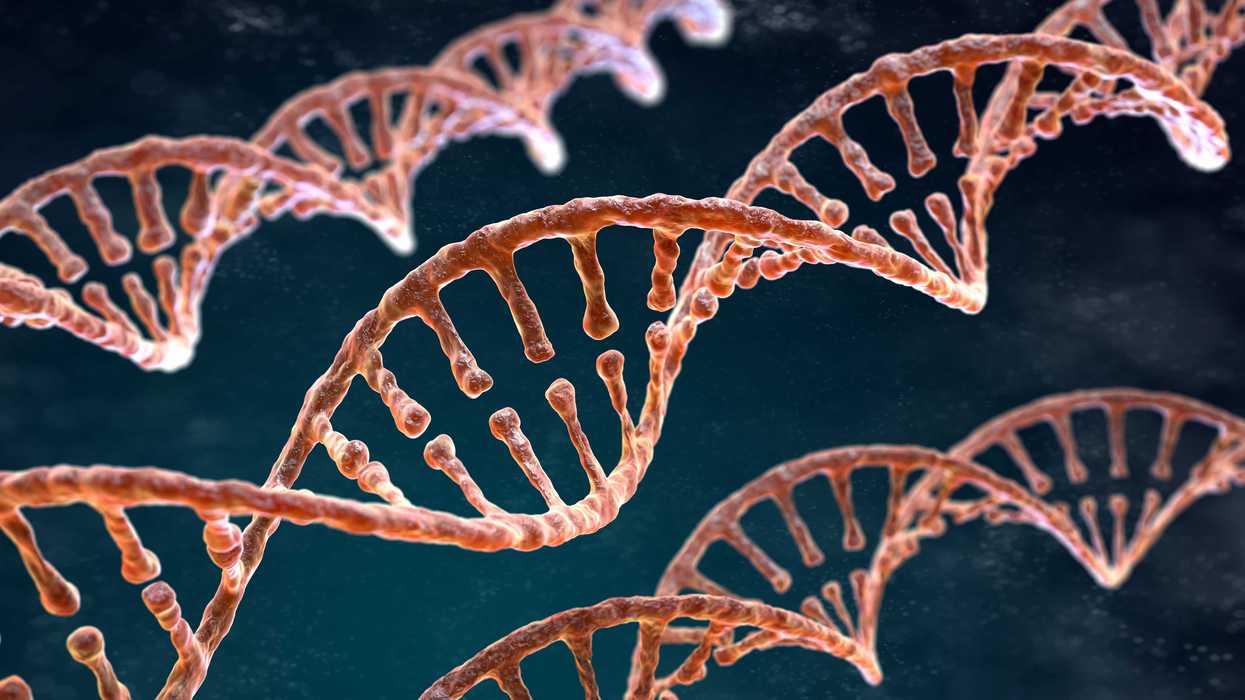Despite global efforts to eliminate lead, its persistent presence in food products continues to pose a serious public health threat, highlighting the need for more stringent international safety standards.
In short:
- Recent tests revealed high levels of lead in popular food products like Lunchables, prompting health advisories and heightened scrutiny.
- Lead exposure, particularly harmful to children, has been linked to various health issues including developmental delays and neurological damage.
- Efforts to reduce lead contamination face challenges due to global trade and inadequate regulations in some countries.
Key quote:
“So much of the food that we eat is coming from all over the world. So we are deluding ourselves if we think we can push pollution problems to low-income countries and not worry about it.”
— Stephen Luby, Stanford University researcher
Why this matters:
Even at low levels, lead exposure can affect cognitive development, reducing IQ and attention span. It can also cause behavioral problems and learning difficulties. For adults, lead exposure can increase blood pressure and induce kidney damage.
Food can become contaminated with lead through polluted soil, water used in agriculture, or during manufacturing and packaging processes. Common sources of lead in the diet include imported canned goods, certain types of fish, and contaminated produce.














